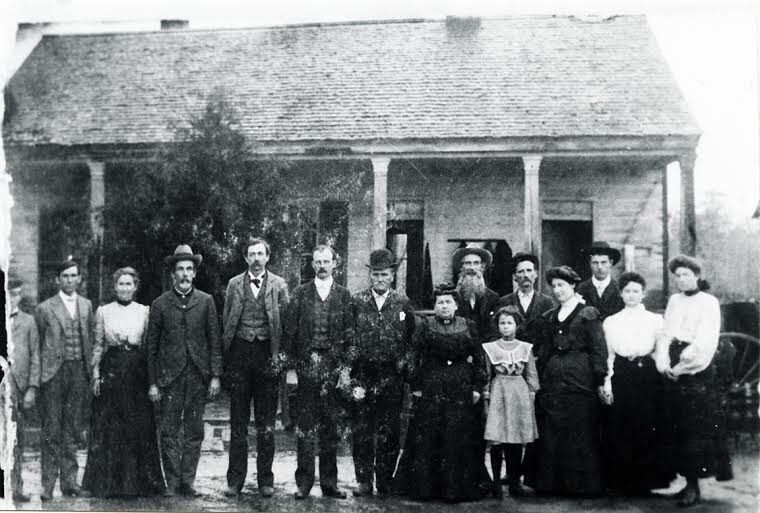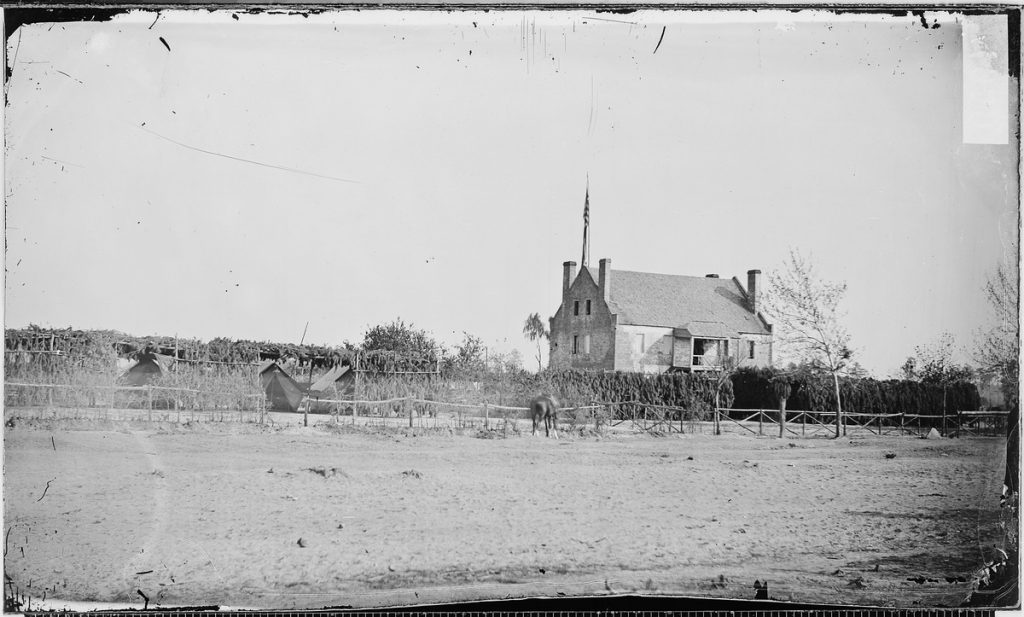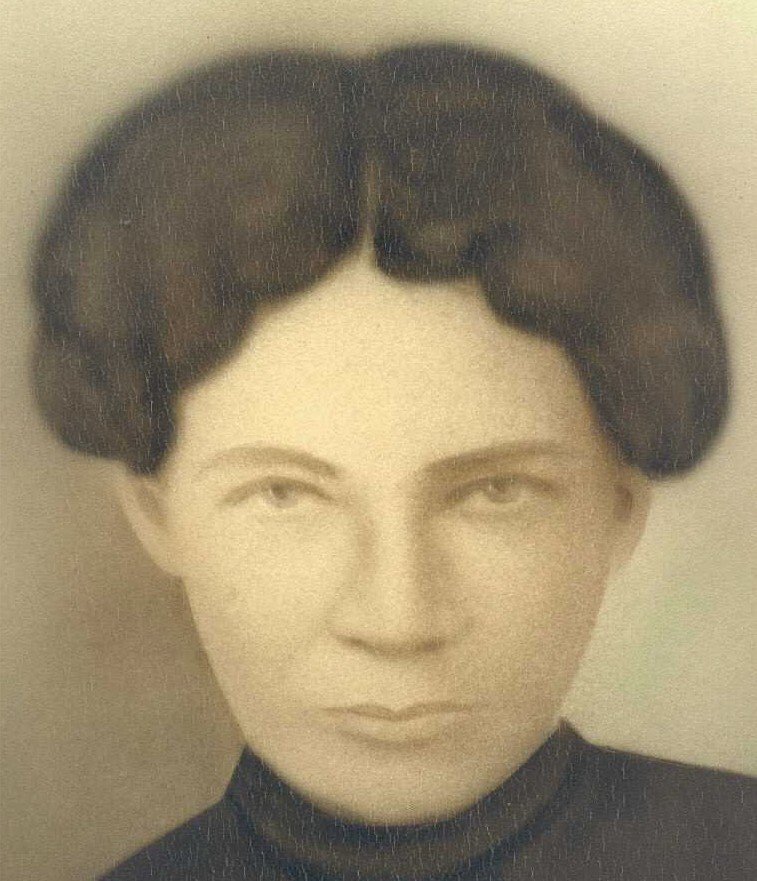John A. Walker was born in Pike County, Mississippi on May 6, 1843. His father Elijah Walker was a farmer who moved to the county from Georgia. The elder Walker died in 1858 and left $6,000 in land and eight enslaved African Americans (who lived in three cabins on the plantation) to his wife Hester and their four surviving children. John was eighteen years old when the Civil War began and he enlisted in the 16th Mississippi Infantry Regiment with his brother Anderson soon after Confederates surrendered Fort Sumter. Their regiment mustered in about 950 men on June 8, 1861 and was quickly sent to Virginia and attached to Colonel Isaac R. Trimble’s brigade.

The realities of camp life took their toll on the Walker brothers. Army records state that John contracted one of the many camp illnesses even before leaving Mississippi. Conditions worsened when the 16th Mississippi arrived in Virginia and set up camp next to a North Carolina regiment suffering from a measles outbreak. Despite relocating to a new camp near Centreville, Anderson Walker contracted typhoid fever and died on September 19, 1861. Winter offered no respite to young John, and he was hospitalized again for an unnamed illness in January-February 1862.
Private Walker rejoined his regiment in time to participate in General Thomas “Stonewall” Jackson’s Valley Campaign. After fighting with Jackson’s Army of the Valley at the battles of Winchester and Cross Keys, the 16th Mississippi marched east towards Richmond in time to confront Major General George B. McClellan’s army during the Seven Days Battles. The regiment was then transferred to Brig. General Winfield S. Featherston’s brigade. Despite the fact that he and his division were held in reserve during the final Confederate attack at the Battle of Second Manassas, John Walker sustained a serious wound on August 30, 1862.
Confederate records indicate that Walker spent five months recovering from vulnus sclopeticum—a gunshot wound—before returning to his unit on February 23, 1863. He and the rest of 16th Mississippi fought at Chancellorsville (suffering seventy-six casualties) and Gettysburg, where they lost nineteen men during a disjointed attack on the Union line on Cemetery Ridge on July 2, 1863.
The 16th Mississippi did not see significant combat again until May 1864, when they fought at the battles of the Wilderness and Spotsylvania Court House. Walker suffered another wound during the fighting around Cold Harbor on June 6 and was promoted to corporal after reuniting with his regiment just over a month later. He fought at one more battle—the Battle of Weldon Railroad, also known as the Battle of Globe Tavern—where Union soldiers captured Walker during a reckless attack on entrenched Federal artillery on August 21.

Walker arrived at the Federal prisoner of war camp at Point Lookout, Maryland on August 24 and remained there until he was paroled on March 14, 1865. According to an early biographer, Walker attended a school organized by prisoners at Paint Lookout.
After the war, Walker returned to Pike County, engaged in planting, and married Mary Jane “Molly” Magee, the daughter of a wealthy former slaveholder. In 1872, he established a general merchandise store that boasted $75,000 in annual sales by the 1880s. Molly and John named their first son Jefferson Davis Walker and adopted a boy named Oscar Alford in 1874. Neither of their sons survived past 1907.

In 1873, John helped his father-in-law, Obed Magee, transfer land to the Magee’s former slaves after a suspicious fire destroyed their church—now known as Rose Hill Missionary Baptist Church in Magnolia, Mississippi. Local family history also states that Molly Magee Walker was close to a half-sister named Elva (or Elvie) that her father had with an enslaved woman named Rachel.
John Walker was elected to the Pike County Board of Supervisors for eight consecutive years and represented the county in the legislature for one term as a member of the Democratic Party during the 1880s. He also served as a justice of the peace for a number of years. The first iron bridge across the Bogue Chitto River was also named after him.
Walker maintained a farm in Pike County until around 1910, when the U.S. Census listed him as a boarding house keeper. Mollie died two years later and is buried in the Magee family cemetery near Magnolia. According to the 1920 Census, Walker lived in the home of Eugene P. Magee—Molly’s nephew—in Laurel, Mississippi. Two years later, in June 1922, John Walker was admitted into the Jefferson Davis Soldier Home, and he lived there until his death on October 19, 1923. He is buried in Magee, Mississippi.
Lead author: Allan Branstiter, Southern Miss history doctoral candidate. Lead researcher: Lindsey Peterson, Southern Miss history doctoral student.
